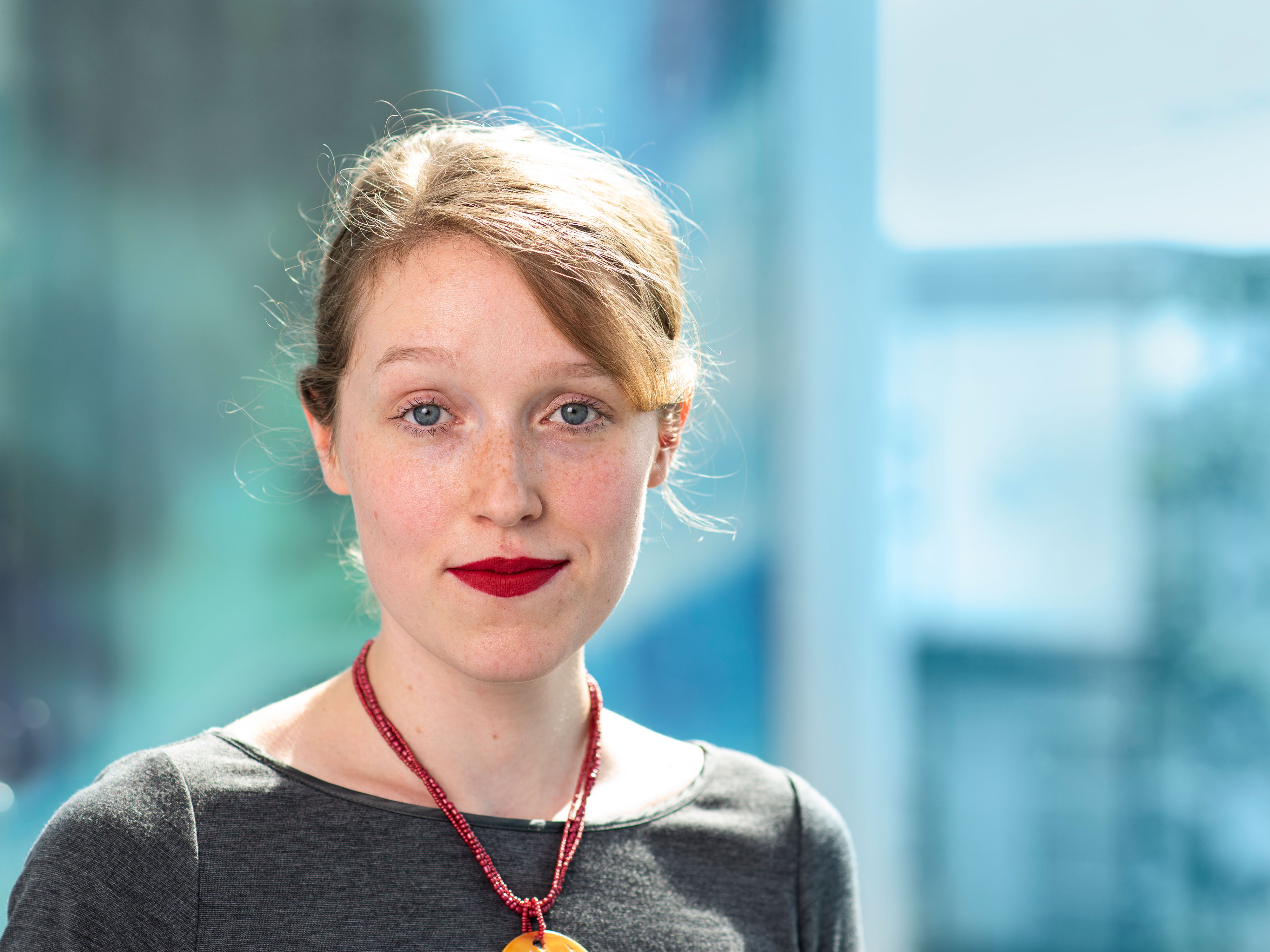
Everyone is concentrating, but the atmosphere is relaxed. Birgit Brüggemeier has called the User Experience (UX) team together for a quick meeting. She delves deep, making eye contact with every team member, while listening carefully. Research progress is discussed, appointments arranged, meetings scheduled – and news exchanged: another new research fellow is soon to join the team, and for good reason: “
»We’re working on a really exciting project,« says Brüggemeier, whose passion is researching human-machine interaction. »We’re developing the European version of a voice assistant – it really is a huge and fantastic project.«
»This is absolutely one of the most difficult problems in AI research.«
Alexa, Siri and the like are extremely popular, but the systems reach their limits when it comes to understanding complex contents and context or deriving semantic meaning. Brüggemeier knows what the problem is: »The machine lacks common sense. For more than 30 years, people have been trying to provide machines with common sense, which is absolutely one of the most difficult problems in AI research,« the junior scientist says, adding: »A third of requests to voice assistants result in error messages.« That’s why she is looking at how these errors can be communicated to the user without them getting annoyed and ending their interaction with the voice assistant. The aim is to make the experience satisfactory for the user.

